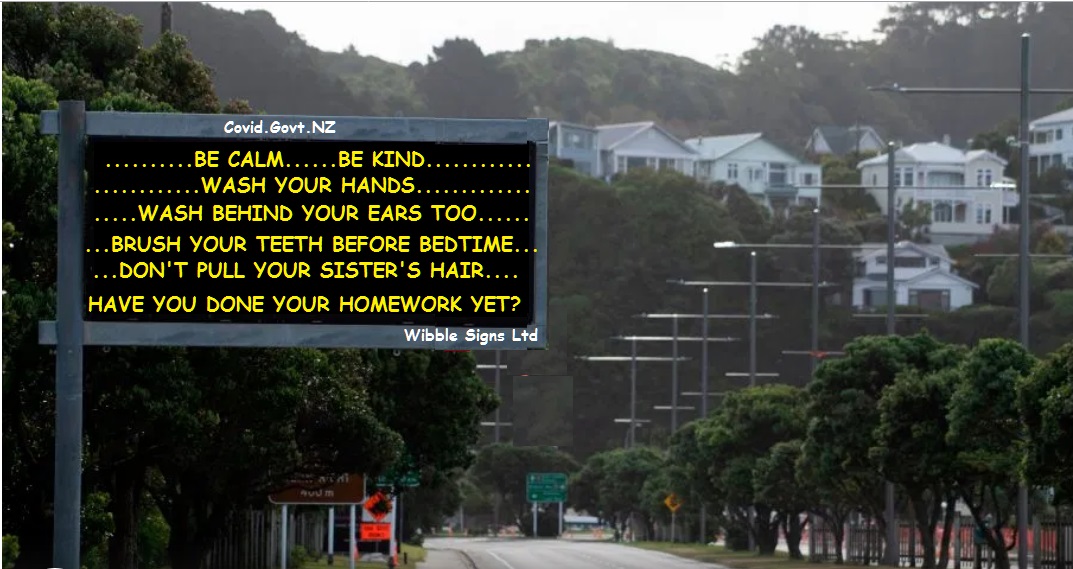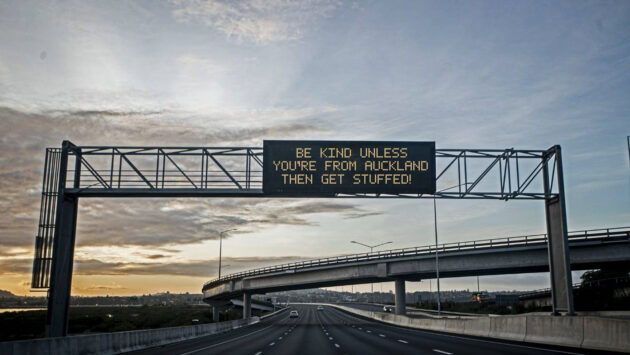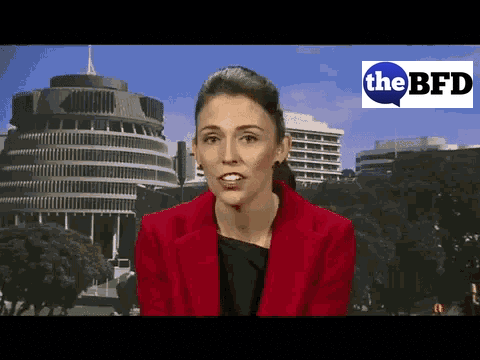Sir Bob Jones
nopunchespulled.com
A week back a Victorian Treasury economist, Sanjeev Sabhlok, resigned in protest at the absurdly dictatorial situation imposed by the now widely loathed State Premier to combat the coronavirus. He made some interesting observations in an Australian Financial Review explanatory article.
Largely his criticism was of a grossly disproportionate response that did not pay proper regard to the hugely adverse economic, social and health consequences of the Victorian government’s totally over the top approach. One of his observations is worth noting. I quote him as follows.
“The whole thing hinges on the scare created by politicians and health officials. For instance, Victoria’s Chief Health Officer, Brett Sutton claims this is the greatest public health challenge since the Spanish flu. But this is no Spanish flu, which killed at least 50 million people world-wide in 1918 when the global population was 1.8 billion. Proportionality, to be as lethal the coronavirus would have to kill at least 210 million people today. Instead only 0.9 million have died so far. Compare this also with the 60 million who ordinarily die each year.”
This is familiar stuff for Kiwis, many, myself included having made similar charges of disproportional reactions. Initially we were accused of placing money over lives, but no longer. There’s real anger seething in Auckland now and I believe the government senses it. With the election a month away, I expect and hope a more realistic approach will be adopted.
How to respond to the unknown has been a tough call for governments and a kicking for touch approach was initially understandable.
But we cannot continue with lockdowns every time there’s fresh outbreaks, something European governments are now accepting as constant new outbreaks occur.
If there’s no successful vaccine, which is a possibility, it may well be that the world, albeit inadvertently, will find itself following Sweden’s path.
As the Economist wrote recently, “Most people quickly recover from Covid-19. For them Covid-19 is a brief mild illness and between a third and half of those infected do not have any symptoms.”
We now know who the vulnerable are (the elderly, those with underlying health issues and the obese) and protecting them should be the primary concern.
That said, the point of the Economist piece was the fact that some who’ve had the virus and don’t fit the vulnerable three categories, are suffering from on-going health issues as a consequence.
That said, I repeat, we cannot continue closing down every time there’s an outbreak. A week ago I compared the motoring fatalities figures with the virus death rate and asked why aren’t we banning motor vehicles to be consistent. It’s a good analogy in another respect beyond fatalities.
Probably there are dozens of motoring accidents every day. Most result in damaged vehicles but no injuries. Some cause bruising or broken limbs while a tiny handful have long lasting effects (wheelchair bound etc.) So too with the virus and its effects.
It’s time for common-sense to prevail, something Professor Mark Woolhouse, the Chair of Infectious Disease Epidemiology at the University of Edinburgh called for two days ago. The Professor is a member of both a UK and a Scotland Covid-19 Advisory Group.
Describing the current strategy as a cure worse than the disease, Woolhouse slammed the disproportionate response to date. “We cannot continue with a crippling on-off cycle of circuit breakers until we get a vaccine. This is a very important virus but for the great majority of people, not nearly so unpleasant that we should shut down society to deal with it.
We can help individuals assess the risk to themselves and the people around them enabling everyone to mitigate those risks while ensuring the most vulnerable are protected and thereby minimise the need for government-led interventions. Would that work? It seems to be working in Sweden”.
In my view the current response in New Zealand is infantile.
It’s way, way, way overdue for an end to Ashley Bloomfield’s daily radio and television “presentations” at garrulous lengths and out of all proportion to the reality of the situation.
Even worse is a reappearance of the embarrassing mush inflicted on the public back in March, namely the childish “Be Kind” messaging.
Now on the Hutt-Wellington motoring another hugely embarrassing electronic sign has appeared, specifically, “Be Brave”. The Health Department flea responsible for this should be dragged out from under his bed and (Wellington’s public servants are still cowering at home while the private sector is back at work – no surprise with either category) publicly flogged.
As one critic of Britain’s (there are now a flood of them from experts there) wrote recently, “Government does not solve problems – it subsidises them” which sums up the current situation here in New Zealand – oops – my apologies – Aotearoa.
If you enjoyed this BFD article please share it.



